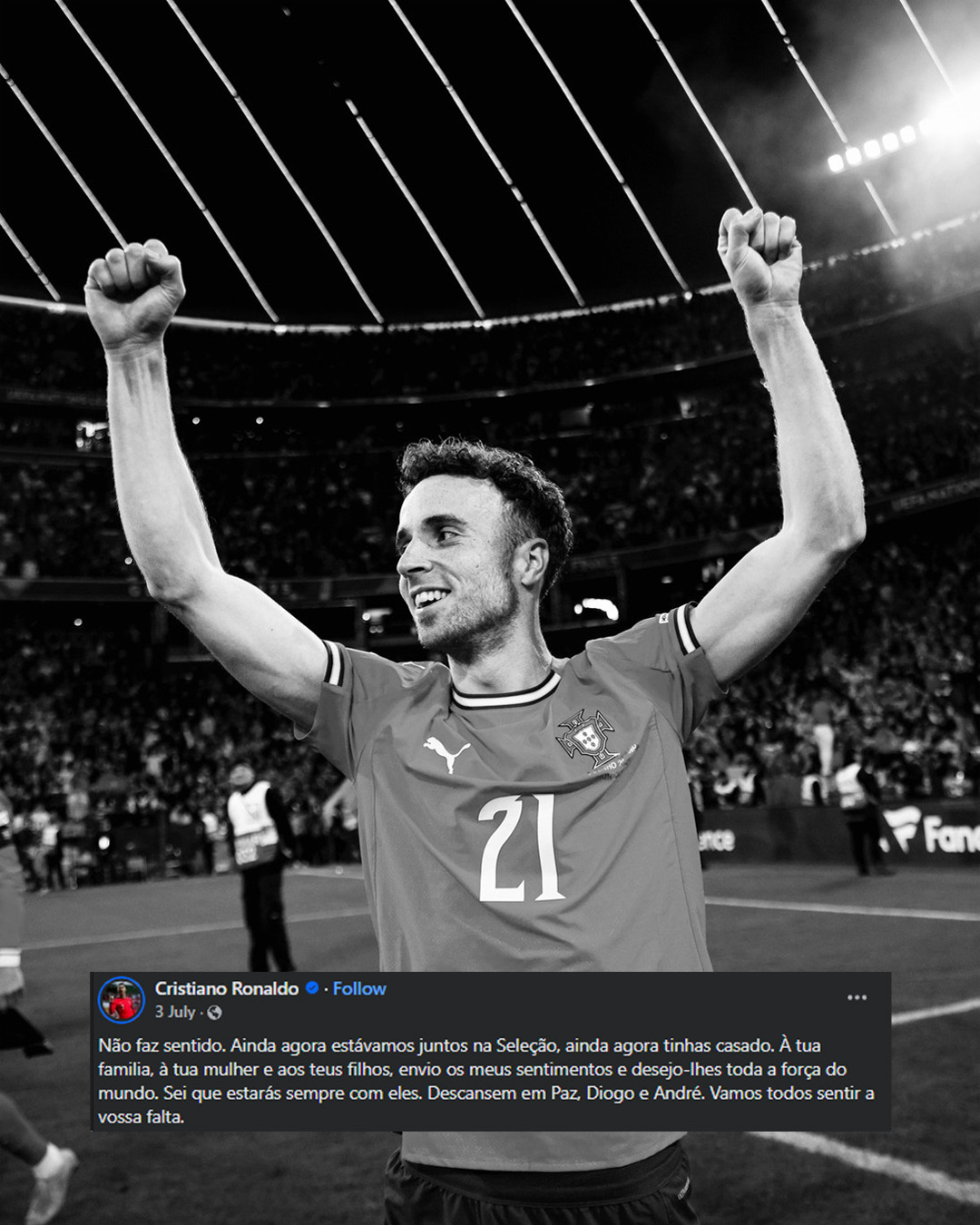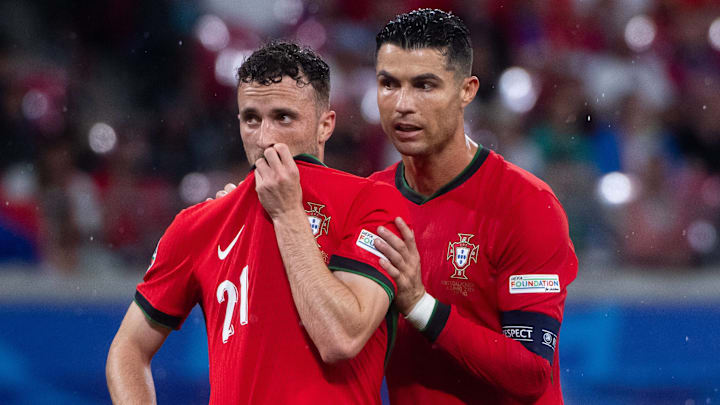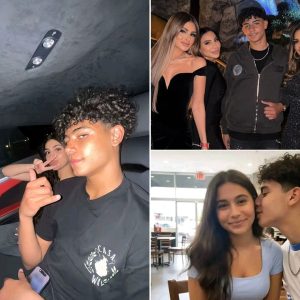RONALDO’S PAIN: 120 Days Since Losing His ‘Brother’ And He Still Can’t Stop Crying Every Time He Returns To The Team…
In the glittering world of football, where triumphs echo eternally and losses fade into statistics, Cristiano Ronaldo has always been the unbreakable force—a man who bends the universe to his will. But beneath the spotlight, four months after a tragedy that ripped through Portugal’s soul, CR7 is unraveling. It’s been exactly 120 days since Diogo Jota, his cherished teammate and self-proclaimed “brother,” perished in a horrific car crash alongside his younger sibling, André Silva. And every time Ronaldo steps back onto the pitch with the national team, the tears come unbidden, a torrent of grief that no amount of resilience can dam.

The accident on that fateful July night in 2025 near Zamora, Spain, claimed two lives in an instant. Diogo, the Liverpool star at just 28, and André, the promising 25-year-old midfielder for FC Penafiel, were gone—ejected from a Lamborghini that veered off the highway and erupted in flames. No other cars involved, just cruel fate. Diogo, fresh off a fairy-tale wedding to his longtime love, Rute Cardoso, left behind three young children, their youngest barely a year old. His final Instagram post? A simple, shattering “Yes to forever,” captioned under wedding bliss. Rute, now a widow navigating unimaginable void, clutches those memories like lifelines. André’s loss echoes doubly—for his parents, who’d already buried one son, and for a football community that saw in him echoes of Diogo’s fire.

Ronaldo’s bond with Diogo ran deeper than shared kits or Nations League glories. They were brothers forged in the crucible of Portuguese pride, Diogo the rising star who’d idolized CR7 since childhood, long before the roar of Anfield or the weight of international caps. “We were just together in the national team, and you had just gotten married,” Ronaldo posted in the raw aftermath, his words a gut-punch. “It doesn’t make sense. I’m heartbroken.” He skipped the funeral to spare the family a media frenzy, but whispers say he poured his soul into private calls with Rute and Diogo’s parents, vowing eternal support. “I’ll always be there for you,” he reportedly told her, voice breaking across the line.
Now, as Portugal rallies for qualifiers, Ronaldo’s returns are rituals of torment. Teammates describe it: the quiet arrivals, eyes red-rimmed, shoulders heaving in the locker room shadows. “Can’t stop thinking about them,” he confided to a close confidant recently, echoing the ache that grips him. “Wishing the best to all of us.” The pitches they once conquered together now feel haunted—every goal a ghost, every cheer a cruel reminder. Fans notice it too: the lingering glances skyward after scores, the post-match silences heavier than defeats.

This isn’t just Ronaldo mourning a colleague; it’s a man confronting mortality’s sharp edge. Diogo wasn’t just a player; he was family, the kid from Gondomar who made it big, proving dreams don’t discriminate. His passion ignited stadiums, his humility grounded giants like Ronaldo. And André? The little brother with big boots, chasing the same glory. Their absence carves a chasm in Portuguese football, from Porto’s youth ranks to Liverpool’s Kop, where scarves still bear Jota’s name.
Yet in Ronaldo’s tears, there’s a fierce love—a refusal to let grief calcify into numbness. He’s channeled it into quiet acts: anonymous donations to the families, mentoring young talents with Diogo’s spirit in mind. “Rest in peace, brothers,” he wrote then, and lives it now. Four months on, the pain is a companion, not a conqueror. It reminds him—and us—that even legends bleed. Football marches on, but Ronaldo’s heart lingers in that Spanish inferno, forever altered, forever tender. Wishing the best to all of us, indeed. Because in loss, we find our shared humanity, raw and unbreakable.


